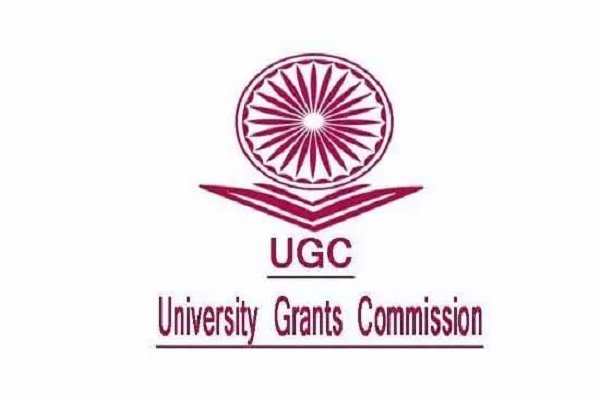The University Grants Commission (UGC) has unveiled plans to revise the syllabus for the National Eligibility Test (NET), a significant examination for candidates seeking eligibility for the Junior Research Fellowship (JRF) and assistant professorship. UGC Chairman Jagadesh Kumar announced the decision on Tuesday, emphasizing the need for an updated syllabus in alignment with the evolving landscape of higher education.
The last initiative to update the UGC-NET syllabi was undertaken in 2017. However, with the introduction of the National Education Policy (NEP) in 2020, there have been considerable advancements in higher education, promoting multidisciplinary curricula and holistic learning approaches. In response to these developments, the UGC, in a meeting earlier this month, decided to initiate the process of updating the syllabi for UGC-NET subjects.
According to Jagadesh Kumar, an expert committee will be formed by the UGC to carry out this exercise, ensuring that the revised syllabus reflects the current needs and trends in higher education. The objective is to align the NET syllabus with the principles outlined in the NEP, promoting a comprehensive and multidisciplinary approach to education.
“The UGC will form an expert committee and undertake this exercise,” stated Kumar, highlighting the commitment to ensuring that the NET syllabus remains relevant and responsive to the changing dynamics of education in India. The UGC’s decision reflects a proactive approach to curriculum development, recognizing the importance of adapting to emerging educational paradigms.
Candidates aspiring to appear for the UGC-NET will be provided with ample time to prepare for the revised syllabus. This strategic move aims to facilitate a smooth transition for candidates and educators, allowing them to align their preparations with the updated curriculum. The UGC’s emphasis on offering sufficient preparation time underscores its commitment to supporting candidates in navigating changes to the examination structure.
The UGC-NET, conducted by the National Testing Agency (NTA), serves as a crucial assessment for those seeking eligibility for the Junior Research Fellowship and assistant professorship. The examination spans 83 subjects and is held twice a year, typically in June and December. The UGC-NET assesses candidates in humanities, social sciences, languages (both Indian and foreign), and specific science subjects.
The revision of the NET syllabus is expected to enhance the examination’s relevance and effectiveness in evaluating candidates’ knowledge and understanding of contemporary educational concepts. By incorporating the principles of the NEP and embracing a multidisciplinary approach, the UGC aims to ensure that the NET remains a robust and comprehensive assessment tool for candidates aspiring to contribute to research and academia.
The UGC, established in 1953, is a statutory organization of the Government of India responsible for coordinating, determining, and maintaining standards of teaching, examination, and research in university education. The commission’s proactive approach to updating the NET syllabus aligns with its broader mission of fostering excellence in higher education and adapting to the evolving needs of the educational landscape.
The UGC’s decision to revise the NET syllabus reflects a forward-looking approach to education, acknowledging the transformative impact of the NEP and the changing dynamics of higher education in India. The formation of an expert committee and the commitment to providing adequate preparation time for candidates demonstrate the UGC’s dedication to maintaining the integrity and relevance of the UGC-NET examination. As the expert panel undertakes the task of updating the syllabi, the focus will be on aligning the NET with contemporary educational principles, ensuring that candidates are well-equipped to meet the challenges of academia and research in the evolving educational ecosystem.
